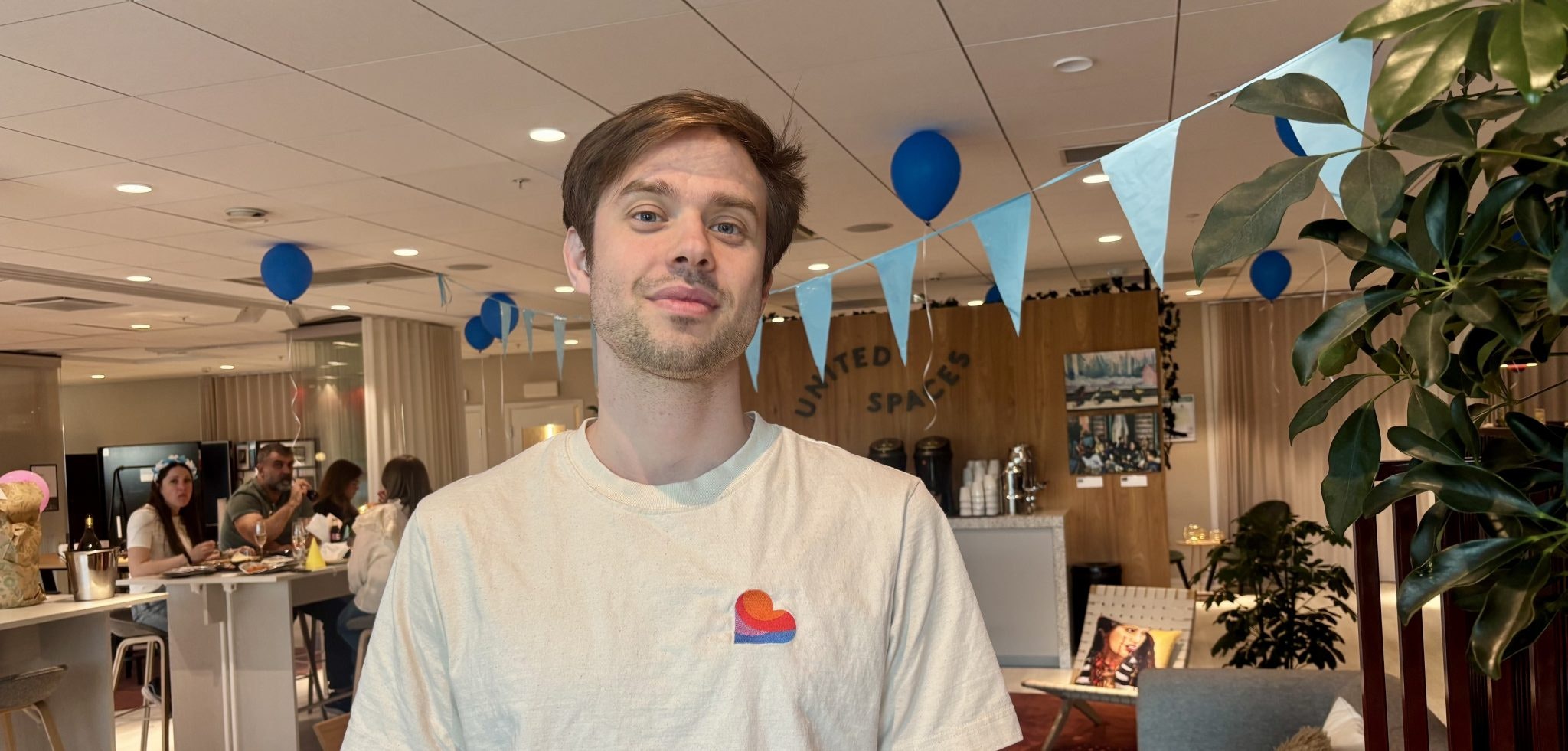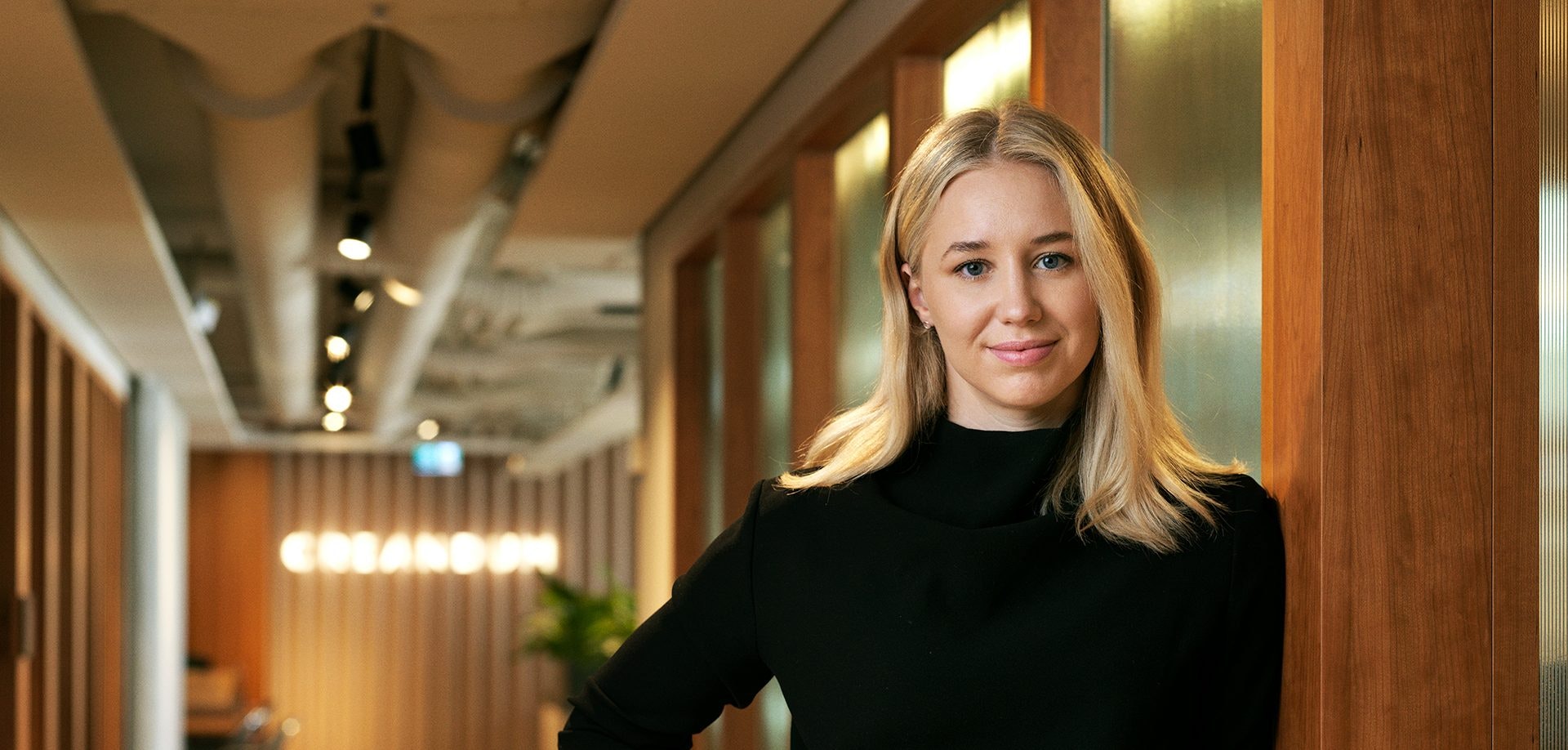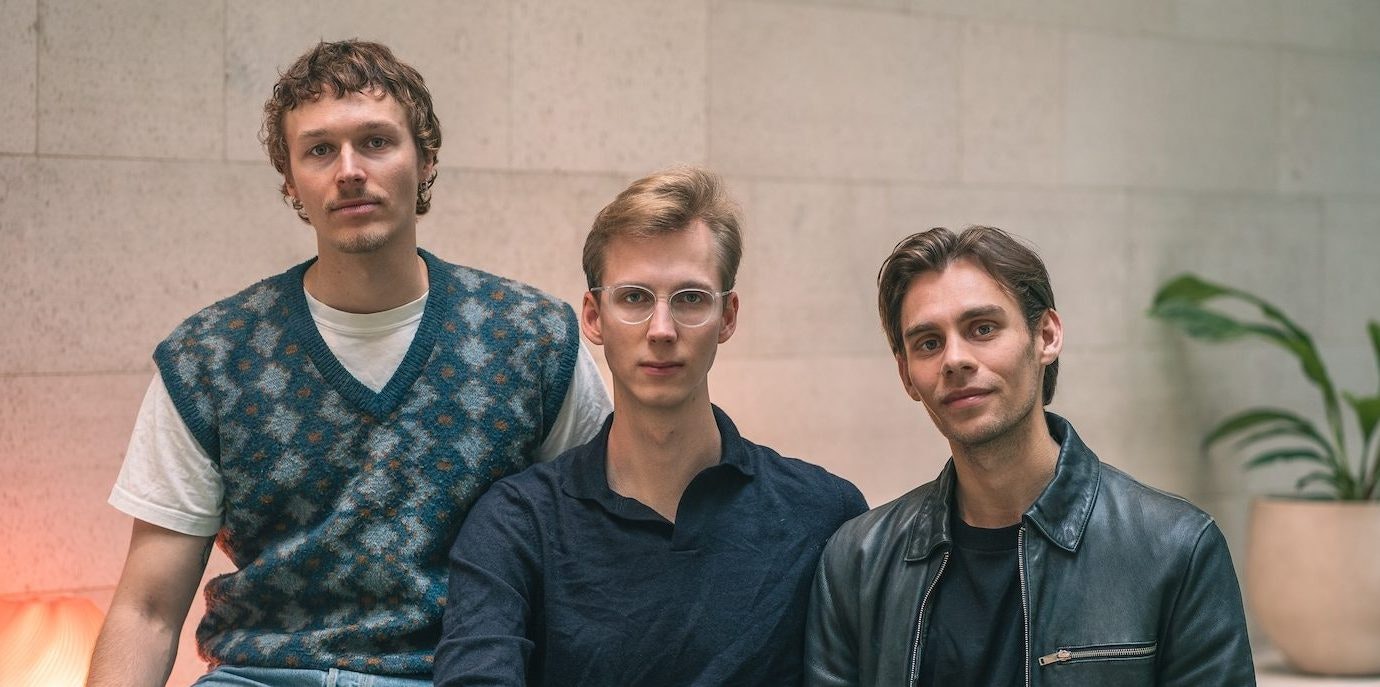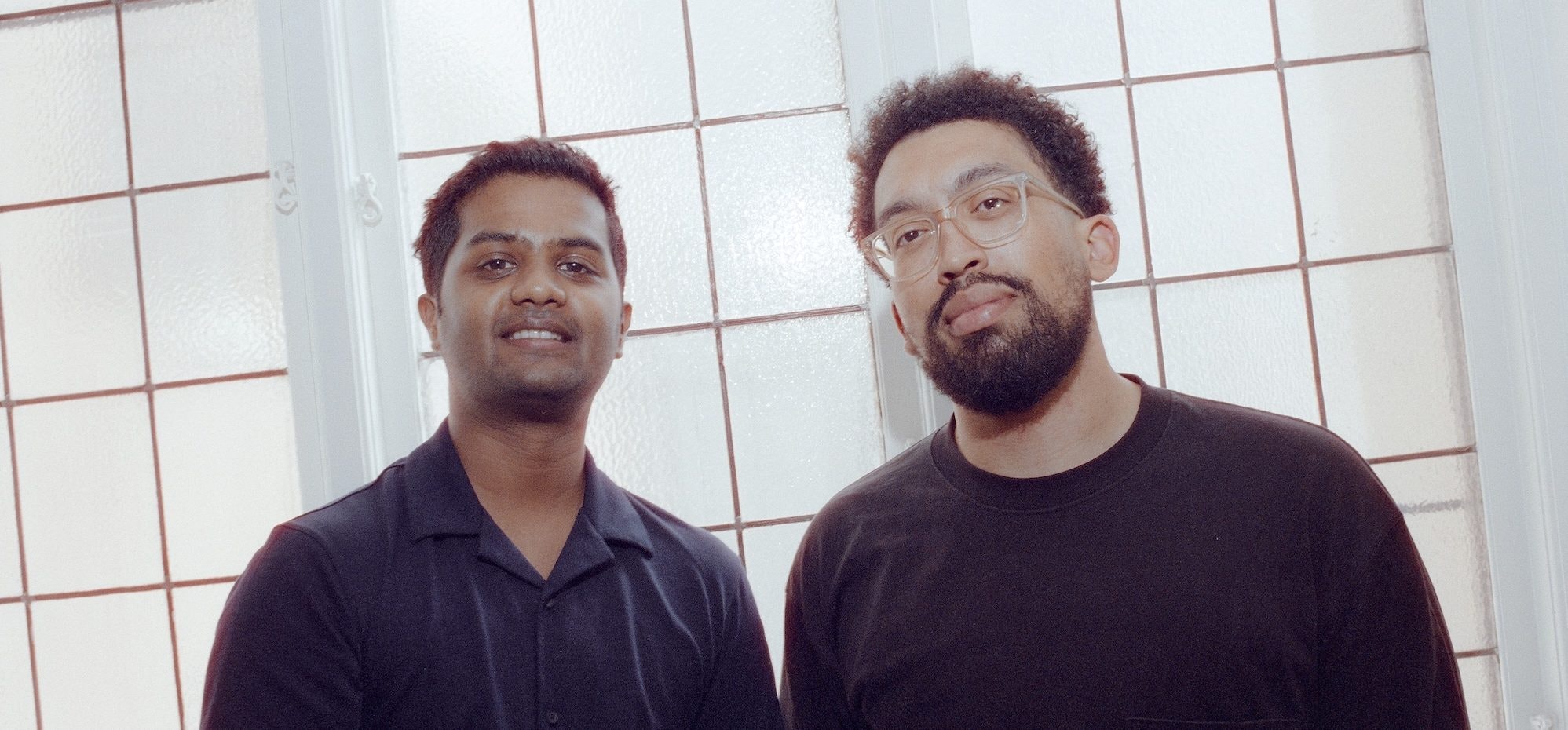To an average European business person, Stockholm may not seem like much in comparison to major cities like Paris and London, but when it comes to AI startups, it’s punching above its weight.
In just the last 12 hours, two Swedish AI startups — legal tech company Legora and tax assistant Filed — have announced an $80m Series B and a $17.2m pre-seed and seed fundraise, respectively.
Legora, along with AI agent startup Lovable and AI medical note-taker Tandem Health — all three founded in 2023 — has become a poster child for Stockholm’s AI hub.
That AI ecosystem also includes Joel Hellermark’s nine-year-old AI business Sana Labs; a small engineering team from the San Francisco-based Cursor-maker Anysphere (led by cofounder Arvid Lunnermark); a variety of AI communities and workspaces; and unicorn founders eager to contribute to the tech scene that has been missing an edge in the last few years.
Yesterday, Dealroom published a ranking of Europe’s top startup hubs, placing Stockholm just behind Paris and London, two cities more than twice its size. Looking at Sifted data, Stockholm-based startups have raised around €2.2bn within the last year.
Something’s definitely cooking.
At a “scouting dinner” a few days ago in Silicon Valley organised by US VC giant Andreessen Horowitz, participant Tobias Bengtsdahl (a Swede and partner at company builder Antler) was surprised by how many Swedes were in attendance.
“Out of 10 builders, three were Swedish — not including me,” he says. “When I told the partners at a16z that I’m based in Stockholm, they were like, ‘There’s so much happening there now.’ It’s a bit surreal that Sweden, a small country on the other side of the world, impresses investors like Andreessen Horowitz.”
The legacy of the Stockholm tech scene
Over the past two decades, Stockholm — a city of fewer than two million people — has created several highly successful tech companies such as Klarna, Spotify, Truecaller, Kry, and Voi. This has cultivated a pool of senior talent willing to contribute both capital and expertise to new startups. Stockholm is “becoming a city driven by tech,” says Bengtsdahl.
One of the startups that has tapped into that ecosystem is AI company Normain, led by founding CEO Sara Landfors, which raised $700k last year from investors including Sana’s founder Hellermark.
“The ecosystem here wasn’t like this 10 years ago, when I was at Stanford and could compare it to what it was like there. The ecosystem has matured,” she says.

“A lot has happened in the last year,” Bengtsdahl adds.
“I’ve never seen Daniel Ek or Sebastian Siemiatkowski promote how great Stockholm is — but now all the AI startup founders are doing it. LinkedIn is overflowing with posts about ‘built in Europe’.”
But in a small city where everyone wants to be like everyone else, sharing that Stockholm is on fire has definitely become a new norm.
“It’s a self-fulfilling prophecy,” Bengtsdahl says.
The new wave
Sabina Wizander, Stockholm-based partner at European VC firm Creandum which led Lovable’s latest round, has noticed that since the autumn of last year, a “real buzz” around the city has returned.
“A new wave of AI-native founders is stepping up and building companies at a furious pace. Right now, Stockholm feels like an obvious top-three startup city in Europe — side by side with London and Paris,” she says.

When speaking with these new AI startup founders, it becomes clear how important both the ecosystem and earlier pioneers have been, as well as the influence of Y Combinator (YC).
Both of Legora’s founders and Lovable’s cofounder Anton Osika have participated in YC — Osika with his previous startup, Depict. For him, it marked a new way of thinking about building businesses.
“It wasn’t like it often is in Sweden where it’s, ‘this is how you build a company.’ Instead, it was: ‘If you want to be the best and the biggest, you need to think outside the box,’” Osika says. He adds that more YC companies are now based in Stockholm, along with a range of role models.
And the fact that Swedish startups are humble enough to learn from YC is something that sets them apart, says Landfors. “I don’t think anyone in Sweden believes they should build their own foundation model. Instead, they use what’s available — like OpenAI, Mistral, and others — and build on top of that, focusing on what we’re good at, like the application layer.”
The village
Stockholm’s tech scene has previously been described as a tight-nit bubble and now it’s becoming even more so.
“It was just the other week,” says Legora’s CEO Max Junestrand, “I was invited to an investor dinner. When I got there, it was all the usual suspects. It ended with the four of us — me, Anton [Lovable], Joel [Sana], and Lukas [Tandem Health] — sitting in a row.”
“We’re extremely good friends,” he adds. “What we’re building is incredibly challenging, and we support each other.”

The friendship between some of Sweden’s fastest-growing startups has also meant that they cannot recruit from one another, Osika told Sifted last week.
“The fact that I’m such good friends with the other AI startup founders [in Stockholm] is one of the main reasons I want to open an office and hire in London instead,” he said.
Engineering talent at a discount
Junestrand says that Legora has managed to attract talent from countries like Turkey, the Netherlands, Portugal and Spain to work at its HQ in Stockholm.
AI tax assistant Filed, whose cofounders Leroy Kerry and Atul Ramachadran come from the UK and India, respectively, has also chosen to build in Stockholm — but sell in the US.
“Europe has incredibly strong engineering talent that’s been somewhat underrated,” Ramachadran says. “Looking at Stockholm, there’s talent from [technical universities] KTH, Chalmers and Lund University — and they’re really good. I’ve worked here for six years now, and I’ve seen that firsthand.”
“Why compete for talent in the US when you can tap into the most talented people in the European tech ecosystem?” he asks.

“There’s no secret — the talent is here,” Kerry adds. “Everyone’s starting to realise that.”
“You’ve seen it in London, and a bit in Berlin before, but I think Stockholm has really cemented itself as the king of the Nordics and it has held that title for some time. Now, on a European scale, Stockholm is really punching far above the rest,” Kerry says.
“It’s this mafia-esque kind of industry that forms where great people know other great people.”
According to Kerry, it’s not just the quality of talent that matters, but also the cost.
“I think US investors are becoming acutely aware of how insanely expensive talent is in San Francisco,” Kerry says.
“If you’ve got talent costing $200k or more, and you’re raising a $5m round — as most seed companies do — you might afford six to eight top engineers. I can say with certainty that in Sweden, that money goes much further.”
Read the orginal article: https://sifted.eu/articles/watching-stockholms-ai-founders/


